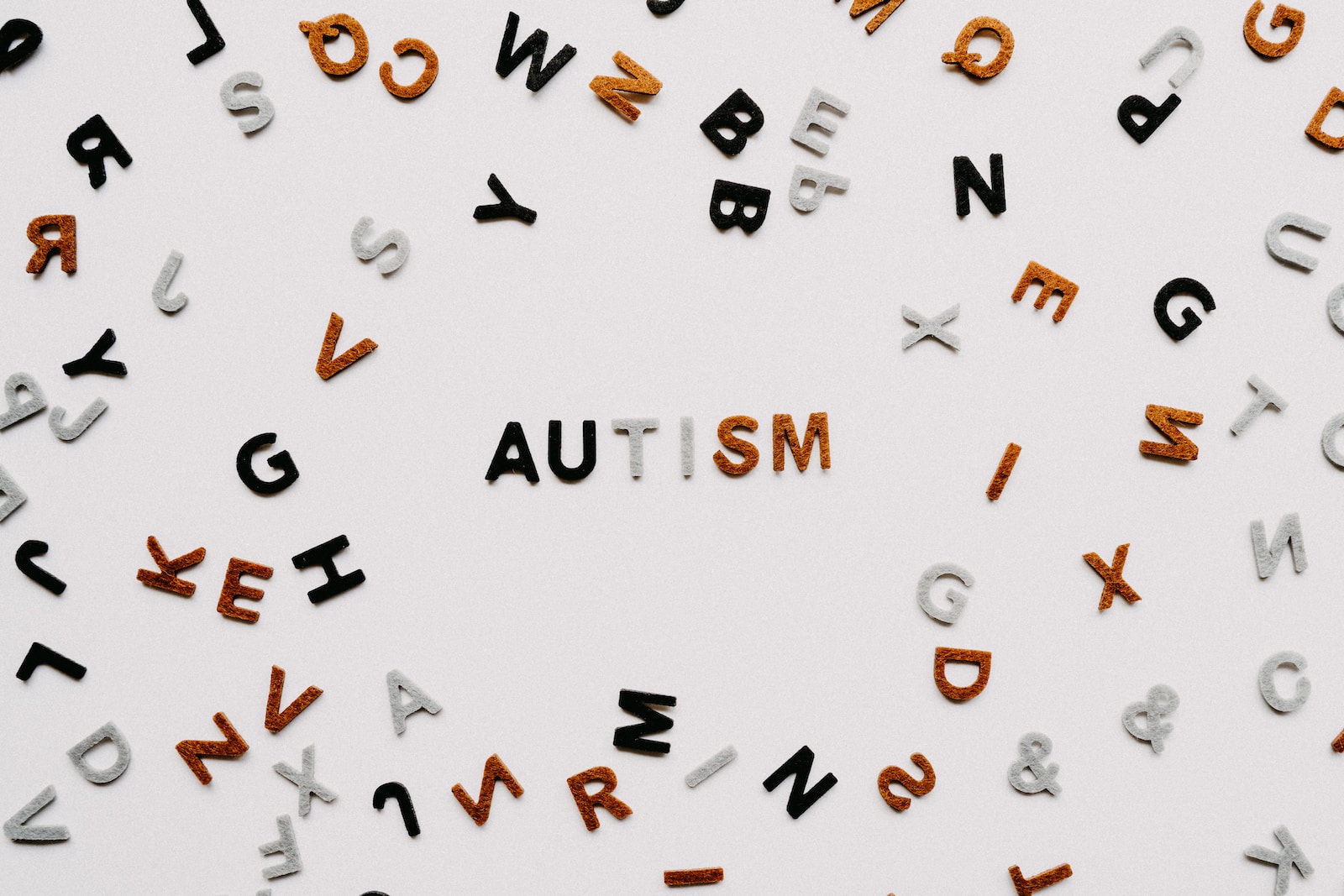10 Signs of Autism in Toddlers: A Guide for Parents
As parents, it’s natural to closely monitor our child’s development, including their social interactions, communication skills, and behavior. Autism Spectrum Disorder (ASD) is a neurodevelopmental condition that affects children’s social communication and behavior. Recognizing the early signs of autism in toddlers is crucial for early intervention and support. In this article, we will discuss ten common signs of autism in toddlers, providing guidance for parents who may have concerns.
1. Lack of Eye Contact
One of the early signs of autism in toddlers is a limited or lack of eye contact. Typically, infants start making eye contact around two to three months old. However, toddlers with autism may avoid eye contact or seem disinterested when interacting with others. They may not look at people’s faces or focus on objects instead.
Parents should observe their child’s eye contact patterns during social interactions and consult a healthcare professional if they have concerns.

2. Delayed Speech or Language Skills
Delayed speech and language development is another common sign of autism in toddlers. While children develop at different rates, by the age of two, most toddlers are starting to form simple phrases and engage in basic conversations. However, toddlers with autism may have significant delays in speech and language skills. They might not babble, use limited words, or have difficulty expressing their needs and desires.
If you notice that your toddler is not meeting typical speech and language milestones, it’s important to seek a professional evaluation to determine the underlying cause.

3. Repetitive Behaviors and Interests
Repetitive behaviors are a hallmark sign of autism in toddlers. These behaviors can include repetitive body movements like hand-flapping, rocking, or spinning in circles. They may also display repetitive play patterns, such as lining up toys or fixating on specific objects. These repetitive behaviors often serve as a way for children with autism to self-soothe or maintain predictability and routine in their environment.
Parents should be aware of any persistent and intense repetitive behaviors in their toddlers and discuss their concerns with a healthcare professional.

4. Difficulty with Social Interaction
Toddlers with autism often experience challenges in social interaction. They may have difficulty initiating or responding to social cues, such as smiles, gestures, or vocalizations. They may prefer solitary play and show limited interest in engaging with peers or adults. These difficulties in social interaction can impact their ability to form meaningful relationships and interact with others in age-appropriate ways.
If your toddler consistently displays limited social engagement and struggles with social interactions, consider consulting a healthcare professional for further evaluation.
5. Sensory Sensitivities
Many toddlers with autism exhibit sensory sensitivities or unusual reactions to sensory stimuli. They may be overly sensitive or avoidant to certain sounds, lights, textures, tastes, or smells. For example, they might cover their ears when exposed to loud noises or become distressed by certain clothing textures.
Observing your toddler’s reactions to sensory input can provide valuable insights into their sensory sensitivities, which may be indicative of autism.
6. Lack of Pretend Play
Pretend play is an important milestone in a toddler’s development. However, children with autism may exhibit a limited or absent interest in pretend play activities. They may struggle to imitate actions or engage in imaginative play scenarios. This difficulty in engaging in pretend play can impact their social interactions and symbolic thinking skills.
Parents should observe their child’s play behaviors and consult with a healthcare professional if pretend play skills are significantly delayed or absent.

7. Difficulty with Transitions
Children with autism often struggle with transitions and changes in routine. They may become upset or anxious when faced with unexpected changes or transitions from one activity to another. They may rely heavily on sameness and predictability, becoming distressed if their routines are disrupted.
Parents should observe their toddler’s reactions to transitions and changes in routine. Providing visual supports, implementing visual schedules, and offering clear explanations can help ease the challenges associated with transitions.
8. Lack of Joint Attention
Joint attention refers to the ability to share attention and focus on an object or event with another person. Toddlers with autism may have difficulty engaging in joint attention, meaning they may not follow a caregiver’s gaze or point to objects to share interest. They may also have limited participation in joint activities like looking at books together or engaging in interactive play.
Parents should observe their toddler’s joint attention skills and consult with a healthcare professional if they notice persistent difficulties in this area.

9. Unusual Fixations or Interests
Toddlers with autism may exhibit intense fixations or interests in specific objects, topics, or patterns. They may show an extraordinary fascination with certain toys, parts of toys, or repetitive activities. These fixations often play a significant role in their play and daily routines. While having specific interests is not uncommon in children, the intensity and narrowness of these fixations in children with autism may be notable.
Parents should be aware of any highly focused or restrictive interests that interfere with their child’s daily functioning and consult with a healthcare professional if they have concerns.

10. Delayed Social Smiling
Social smiling is an important social milestone in infancy and early childhood. However, toddlers with autism may exhibit delays in social smiling. They may show reduced or limited smiles in response to social cues, such as smiles from caregivers or playful interactions. This delay in social smiling can be an early indicator of social communication challenges associated with autism.
Parents should monitor their toddler’s social smiling patterns and consult with a healthcare professional if they notice significant delays or absence of social smiles.

Conclusion:
Recognizing the early signs of autism in toddlers is crucial for timely intervention and support. If you notice any of these signs in your toddler, it’s important to consult with a healthcare professional or a developmental specialist for further evaluation. Remember, every child is unique, and an accurate diagnosis can help guide appropriate interventions and therapies to support your child’s development and well-being.




